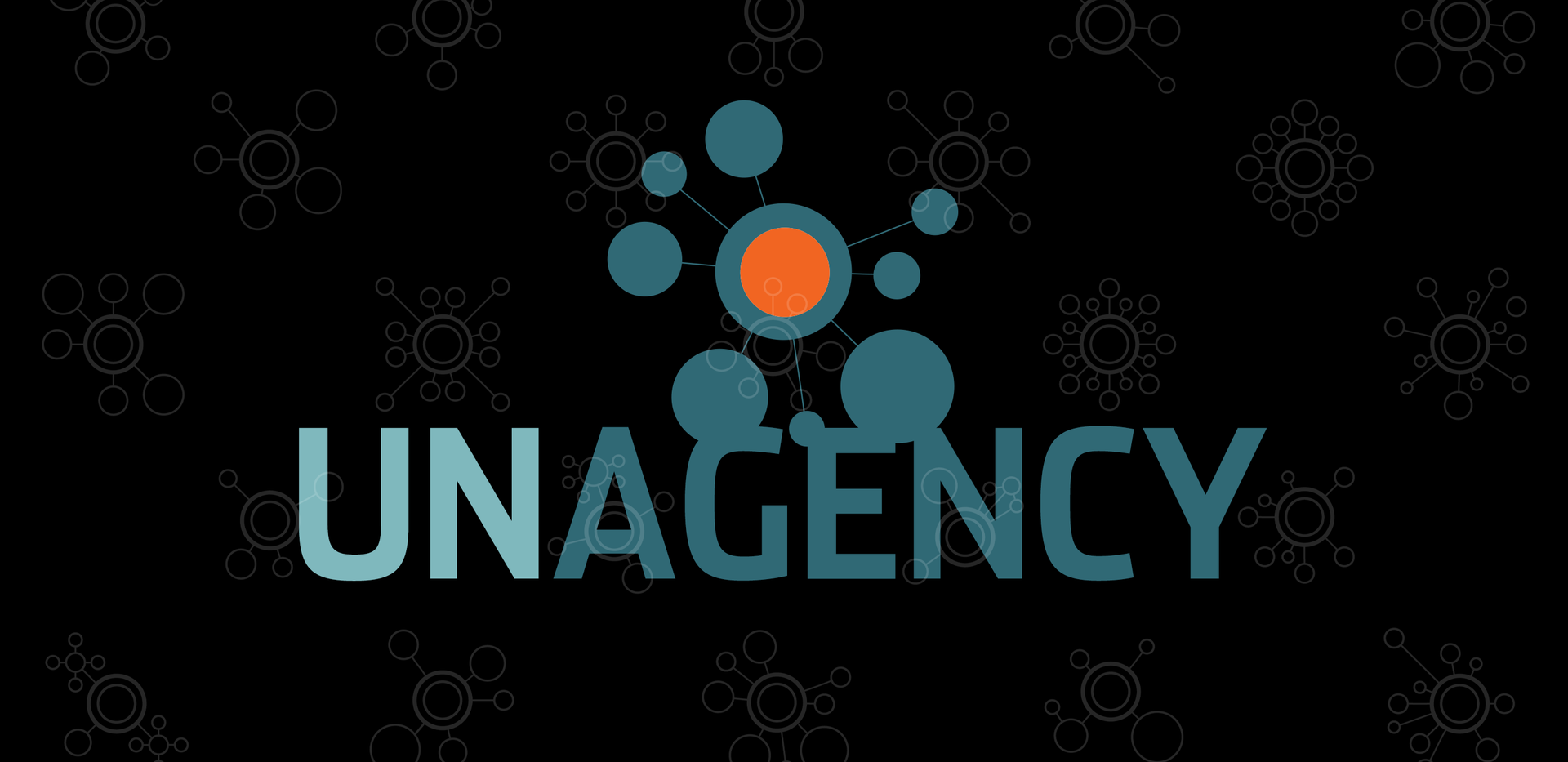Which of the following concepts would make an effective campaign to differentiate a hospital or healthcare system?
- Boasts of “world-class” care, expertise and quality awards
- Middle-aged (often male) doctors in white lab coats, stethoscopes and high-tech imaging machines
- Tugging too hard at the heartstrings
Answer: None of the above.
Many hospitals and healthcare systems are saying the same thing while trying to convince that they’re different. It’s “me too” advertising, shouting for attention.
And no one’s listening.
It’s a challenge.
When it comes to marketing, there are few industries as challenging as healthcare. Between being very highly regulated, and given the complex nature of the buying and selling process, healthcare marketing is a challenge to even the most sophisticated marketer.
Many hospitals and healthcare organizations spend too much time and money talking from the inside out, focusing on quality service awards and new technology, and less on what people really want to know about them. People have to like you before they want to hear what you have to say about yourself. It’s often the missing piece.
The Power of Storytelling
Hospitals and health systems that understand the power of storytelling are breaking through the clutter. It must be about connecting with people and telling meaningful stories that educate, inspire and engage. The aim should be to create dialogue that gives their prospects the information they want and need.
Here’s today’s reality about healthcare marketing and the consumer:
- Consumers want to be involved in their care. They are hungry for information, more aware, sophisticated and informed.
- The most effective healthcare advertising today is personal recommendations and consumer opinions posted online.
- More adults are using social media, and they are using it to make important healthcare decisions.
When it comes to health-related decision-making, audiences are seeking collective knowledge and perspective, and they’re turning to their social communities for it. In a study by PWC, 42% of individuals viewing health information on social media look at health-related consumer reviews. Further, 32% of users post about the health experiences of their friends and family on social media.
Social media platforms like Facebook and Twitter have become the go-to channel for people to share stories — good and bad — about their loved ones and their healthcare experiences. Healthcare organizations that understand this reality will be better positioned to connect with patients and their family caregivers.
A Second Opinion
Healthcare organizations require a new approach to telling their stories, creating valued experiences and building brand equity. Given the complex universe of marketing considerations, a select team with diverse expertise and leadership in brand strategy, design and storytelling is critical to achieving marketing success.
When looking for a brand and marketing partner, give second thought to the healthcare “specialists” who are often predisposed to offer what’s in their “wheelhouse” versus what might be most appropriate for your unique brand. That’s often the source of cliché advertising in the “sea of sameness.”
A more unconventional group — one who effectively manages brand, design and online storytelling, and focuses on the foundation of your brand — may be just what’s needed. Align with a group who seeks to clarify and leverage your value differentiation and brand promise. In simplest terms, your marketing strategy should be about telling your compelling story to those seeking to hear it.




